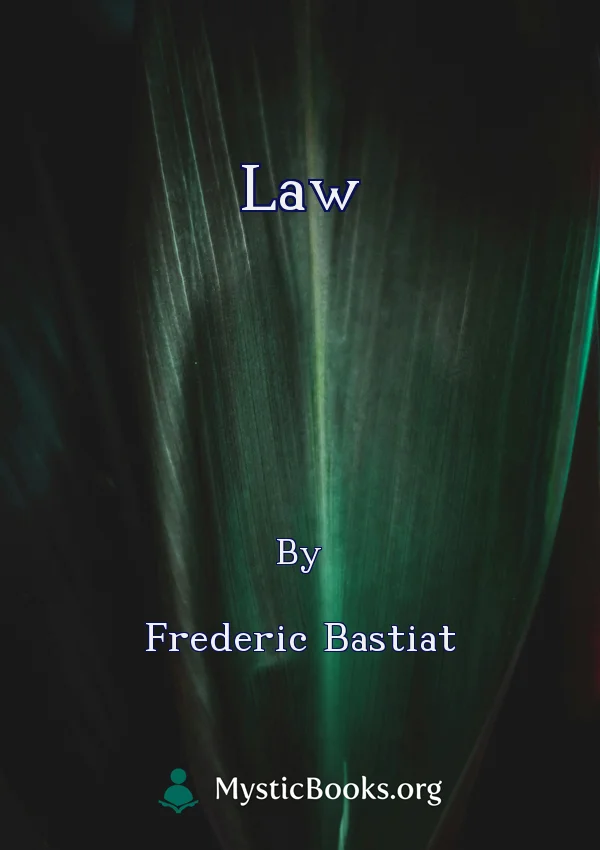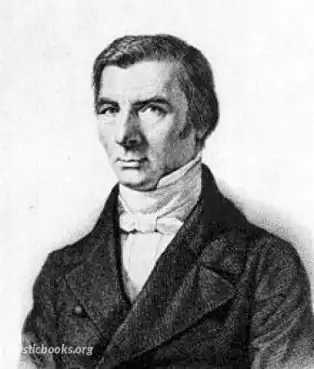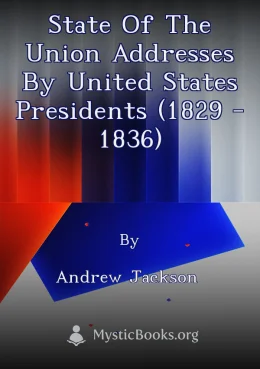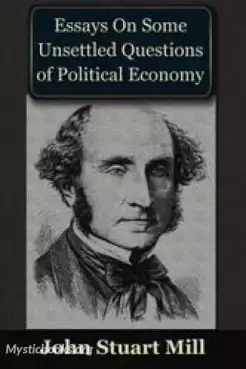
Law
'Law' Summary
Bastiat begins by defining the true purpose of law: to protect individual rights and ensure justice. He argues that government intervention in the economy, often justified as a means to help the poor or promote economic growth, actually creates more problems than it solves. He uses the analogy of a thief stealing a loaf of bread to illustrate how government intervention, even with good intentions, can distort the natural order of things. Bastiat exposes the fallacies behind various forms of government intervention, such as tariffs, subsidies, and price controls, demonstrating how they ultimately harm the very people they are intended to help. He argues that the only legitimate role of government is to protect individual rights and enforce contracts, allowing individuals to freely pursue their own interests in a free market. Throughout the book, Bastiat uses clear and concise language to expose the flaws of government intervention and highlight the importance of individual liberty. He draws on history and logic to support his arguments, making his work accessible and thought-provoking for readers of all backgrounds.Book Details
Language
EnglishOriginal Language
Published In
Genre/Category
Tags/Keywords
Authors

Frederic Bastiat
France
Claude-Frédéric Bastiat was a French economist, writer and a prominent member of the French Liberal School. A member of the French National Assembly, Bastiat...
Books by Frederic BastiatDownload eBooks
Listen/Download Audiobook
- Select Speed
Related books

The Orphan by Clarence Edward Mulford
Many men swore that The Orphan was bad, and many swore profanely and with wonderful command of epithets because he was bad, but for obvious reasons th...

Zum ewigen Frieden. Ein philosophischer Entwurf by Immanuel Kant
Immanuel Kant's "Zum ewigen Frieden" (Perpetual Peace) delves into the complex relationship between morality and international affairs. Kant argues t...

State of the Union Addresses by United States Presidents (1829 - 1836) by Andrew Jackson
This book contains a collection of Andrew Jackson's State of the Union addresses delivered to Congress between 1829 and 1836. These speeches provide i...

Poems of American Patriotism by Brander Matthews
This book is a collection of patriotic poems by various American authors. It explores themes of national identity, freedom, love of country, and the...

Perpetual Peace: A Philosophic Essay (Hastie Translation) by Immanuel Kant
This essay, written in 1795, puts forth a plan for a lasting peace between nations and peoples. Kant puts forth necessary means to any peace, and argu...

Wereldvrede by Louis Couperus
Wereldvrede (World Peace) is a novel by Louis Couperus, a sequel to his previous work 'Majesteit' (Majesty). It follows the story of Crown Prince Otho...

Essays on Some Unsettled Questions of Political Economy by John Stuart Mill
Essays on Some Unsettled Questions of Political Economy (1844) is a treatise on political economics by John Stuart Mill. Walras' law, a principle in g...

Chronicles of Newgate Vol 2 by Arthur Griffiths
Chronicles of Newgate, Volume 2 delves into the grim realities of Newgate Prison in England, a notorious institution that housed criminals from the me...

History of Australia and New Zealand from 1696 to 1890 by George Sutherland
This book provides a comprehensive history of Australia and New Zealand from their early beginnings in 1696 to their development as independent nation...

The Jungle by Upton Sinclair
The Jungle is a 1906 novel by the American journalist and novelist Upton Sinclair (1878–1968). The novel portrays the harsh conditions and exploited l...
Reviews for Law
No reviews posted or approved, yet...